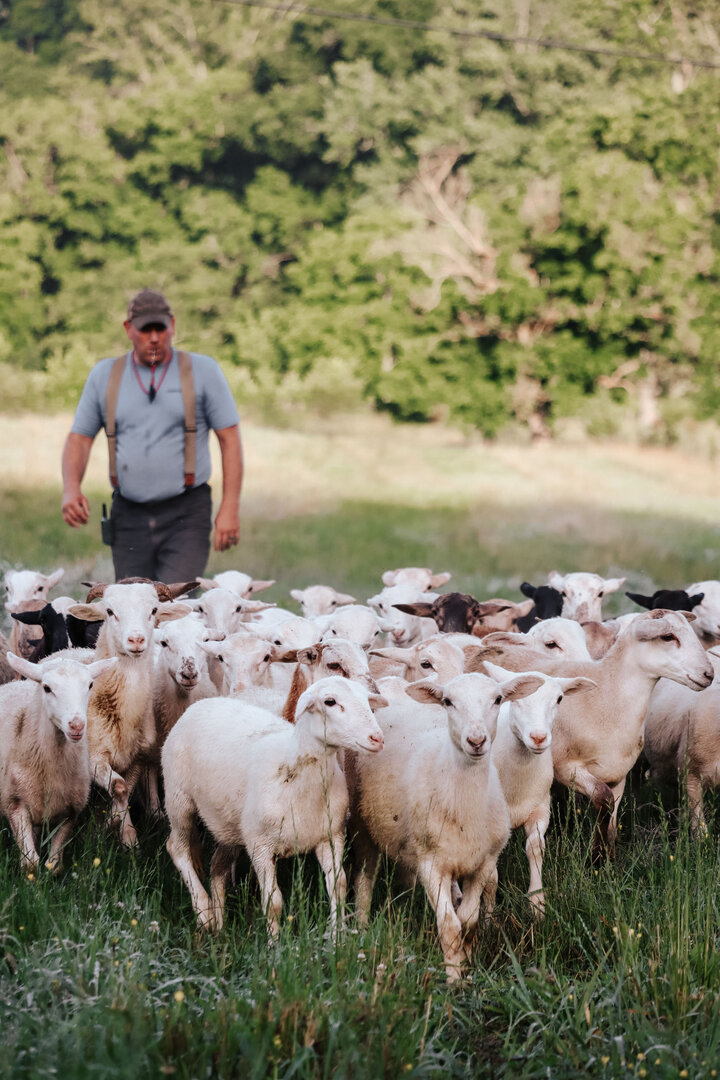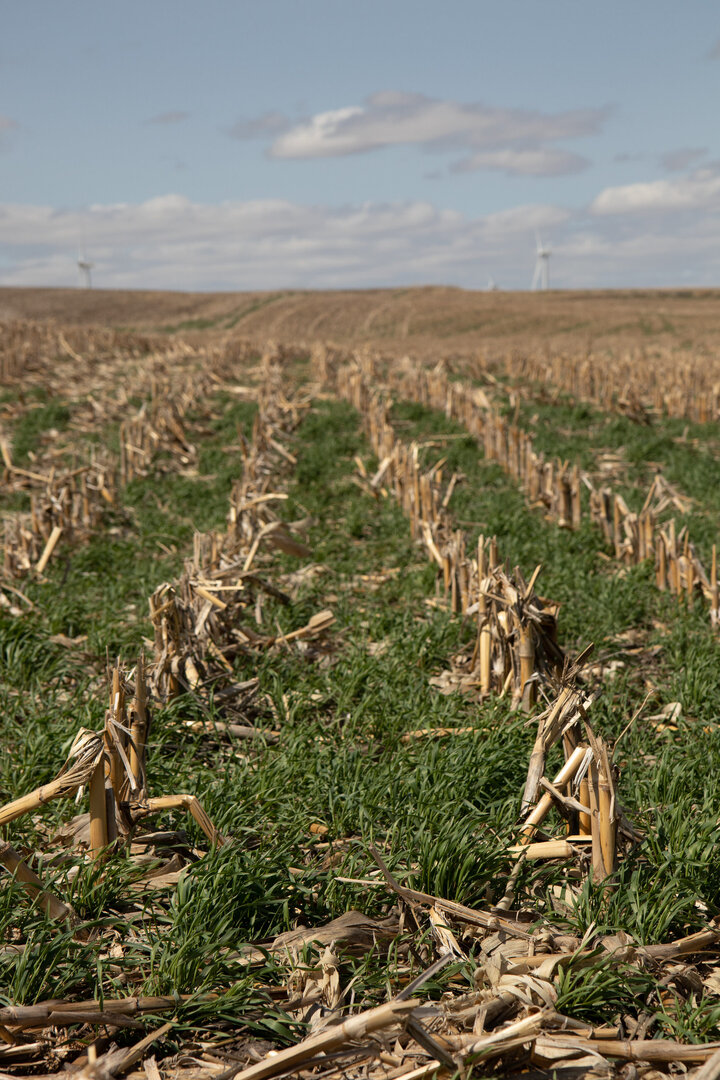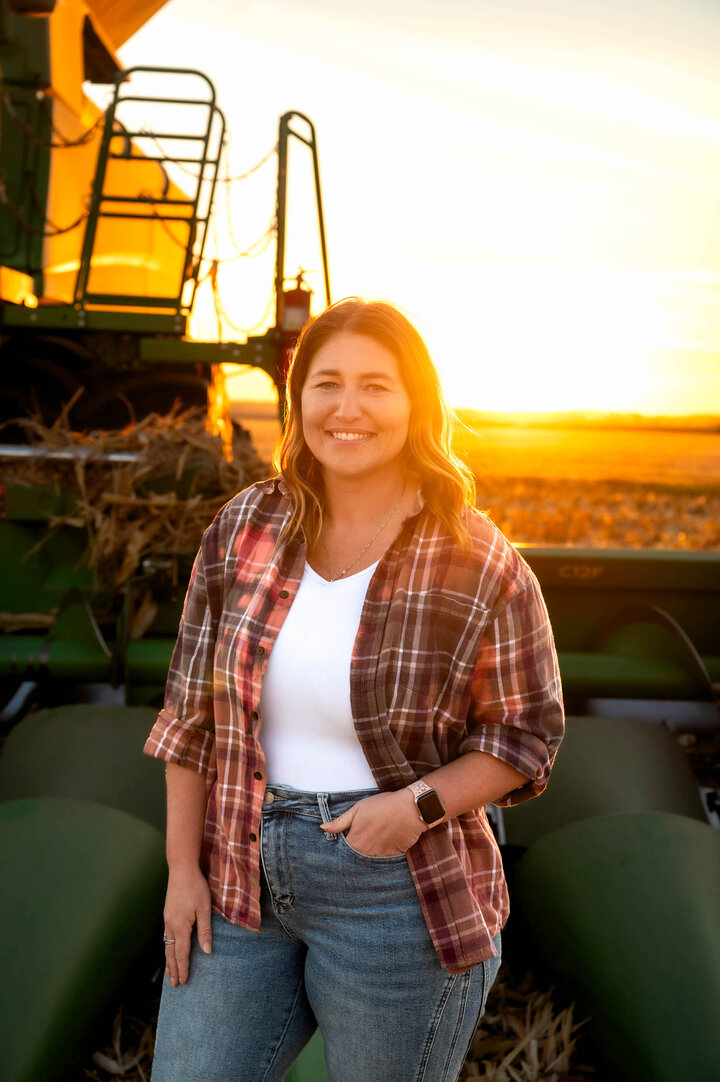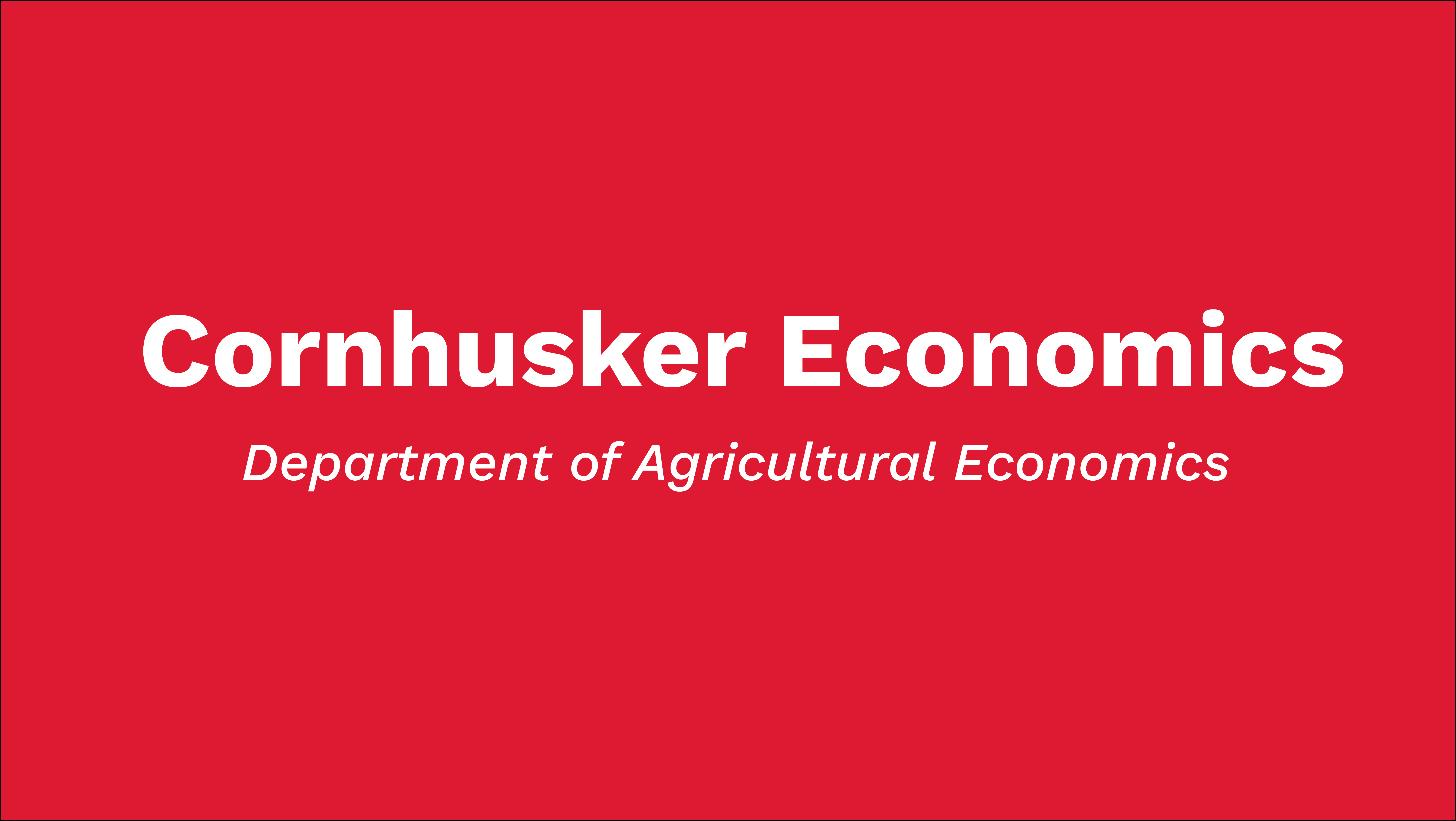Content
By Sheila Aikanathan Johnson, Christine Lockert and Brad D. Lubben
Last week's article provided a background of the North Central Extension Risk Management Education Center, its operations, priorities, service areas, and how our grant program functions.
This week, the article will focus on the outcomes and impacts of the funded projects and the overall risk management education program. In doing so, we will provide a brief overview of our center's activities and highlight some of the numerous projects we've supported over 24 years since our awarding process started.
Center Activities
During the course of the year, the Center collaborates with its stakeholders and partner organizations in advancing its mission. A key aspect of its mission involves needs assessment, training opportunities, and identifying valuable initiatives to enhance the visibility of the grant program and broaden its accessibility to a larger audience. Throughout the grant year, this is accomplished through various methods.
The Center prioritizes engaging with stakeholder listening groups and Council members to gather their insights, and through these sessions, members pinpoint and evaluate educational needs and emerging issues. Drawing from these discussions and recommendations, the Center then utilizes the results of the needs assessments to develop and administer the competitive grants program for the subsequent year.
Additionally, we hold capacity-building and training sessions to assist stakeholders with our processes. An applicant webinar is typically held on a yearly basis to provide information to prospective applicants when our Request for Applications (RFA) is released. Our Advisory Council members attend an annual summer meeting to review the needs assessment report and further identify emerging trends and current issues to help develop the regional priority language in the RFA. The meeting also helps introduce new and existing members to established procedures and the grant awarding process.
The Center also sustains support for outreach initiatives to engage educators and potential applicants, fostering capacity building for future risk management education endeavors through various networking opportunities. These events include the 2025 National Extension Risk Management Education (ERME) Conference that was recently held in Nashville, TN, over a 3-day period from April 1-3. Over 260 conference participants were presented with an opportunity to network, share, and disseminate ongoing and emerging successful risk management initiatives that are being done nationally in all regions. Other initiatives include the National Association of County Agricultural Agents (NACAA) Meeting & Conference, the AAEA Extension meeting, and the National Ag Marketing Summit which is held every year.
Grant-Funded Success Stories from the North Central Extension Risk Management Center
Projects supported by the Center help farmers and ranchers develop and apply risk management strategies to enhance the sustainability and effectiveness of their operations, with many generating meaningful benefits over the years. To recognize outstanding efforts, the ERME program launched the Outstanding Project Award in 2019, honoring impactful projects from each region annually. Now in its seventh year, the North Central Center named Iowa State University’s Madeline Schultz and co-PD Alexis Stevens as the 2025 award recipients for their project, Cybersecurity for Iowa Farmers and Rural Businesses.
This initiative raised cybersecurity awareness among farm managers through expert partnerships and practical tools, helping producers understand and mitigate digital risks. Results showed strong participant engagement: half of the 215 respondents planned to adopt cybersecurity measures, and a large majority recognized best practices like using unique passwords and verifying email sources. Follow-up evaluations revealed continued learning and behavior change, particularly among women in Annie’s Project and attendees of a leadership conference. Participants affirmed the real and manageable nature of cyber threats and expressed a desire for ongoing training and resources. By promoting cybersecurity education and proactive risk management, the ISU Extension Farm Management Team is helping build a more resilient and secure agricultural sector across Iowa.

The photo features a female farmer overseeing farm operations using digital tools.
The Center also funded numerous other projects that have their own success stories throughout the North Central region.
A project led by Kelly Froehlich at South Dakota State University focused on supporting emerging sheep producers by addressing all five areas of agricultural risk management—production, marketing, financial, legal, and human. The project entitled, A Comprehensive Risk Management Program Emerging SD Sheep Producers-Success in South Dakota, drew participation from seventeen operations involving 23 individuals with less than 10 years of experience in the yearlong Emerging Sheep Producers Program. Its goal was to create a network and learning community for new producers through farm tours, an online curriculum, one-on-one mentoring, and specialized workshops. The program’s hands-on approach, particularly through in-person tours and workshops, significantly enhanced participants’ knowledge of land management, government programs, food safety, and sheep-handling techniques. As a result, participants reported greater confidence and competence in managing their operations, especially in financial planning and sustainable practices. The program also succeeded in fostering meaningful peer and mentor connections, with many participants continuing to engage with the community beyond formal events.

Photo shows a farmer tending to his sheep.
In Minnesota, another project, Carbon Farming Planning Cohorts-Establishing a Peer Education and Planning Process for Carbon Farming Implementation, sought to address the agriculture sector that is currently facing immense environmental and weather-related risks. Access to reliable information is more valuable than ever, according to Amanda Kik, Project Director. Carbon farming practices play a crucial role in mitigating these challenges by actively removing carbon from the atmosphere. This cohort program was designed to bring producers together, fostering collaboration and critical discussions on diverse farming operations. Through this process, participants explored climate-smart and conservation agriculture practices, identified challenges and opportunities, developed strategic plans, and accessed funding resources to support sustainable farming efforts.

Photo shows cover crops being used in a field to help with carbon management in the long run.
Producers gained valuable insights through peer learning, recognizing both the tangible and intangible benefits of the program. They applied their knowledge to analyze fellow farm operations, tackled the challenges of stress management, and adapted their production methods to meet evolving demands. Additionally, participants had the opportunity to develop personalized carbon farming plans, allowing them to seek funding and implement sustainable practices within their own operations. The Crosshatch Center for Art and Ecology empowered 53 participants through its Carbon Farming Planning Cohorts Program. Two of the cohorts directly educated 19 farmers and farm educators, leading to the development of a cohort facilitation toolkit. This initiative has laid the foundation for what will now become an ongoing, institutionalized program at Crosshatch. Additionally, 23 more participants benefited from a one-time workshop, expanding the program’s reach. To further engage a wider audience, Crosshatch generated 104 unique video views and distributed a dedicated newsletter focused on carbon farming and forestry planning cohort concepts.
Another project that had widespread impact is The Power of Negotiation and Open Conversation: A Hybrid Leasing Educational Series for Midwestern Farm Women. The project was a collaborative effort between the Women in Agriculture Programs in Indiana, Kansas, and Nebraska, led by Jessica Groskopf from the University of Nebraska-Lincoln. It focused on agricultural lease agreements, landlord-tenant relationships, negotiations, and conservation.
This multi-state program enhanced participants’ understanding of land management and lease agreements. Individual stories that these states highlighted increased awareness of resources, the need for formal practices, and the importance of conservation and support networks. The project engaged 589 participants across 15 states through both in-person and virtual formats. Over 75% reported greater awareness of local land values, 90% gained a better understanding of written leases, 66% felt more confident in lease negotiations, and 70% improved their landlord-tenant relationship strategies.

With grit and grace, a woman farmer stands ready beside her trusted machinery.
The program led to meaningful improvements in land management and lease practices. Participants in Indiana, Kansas, and Nebraska took proactive steps—such as creating forage leases, formalizing agreements with family, and preserving land for agriculture. A follow-up survey showed a strong impact: 68% reviewed their leases, 41% improved landlord-tenant relationships, and 16% adopted written leases. Additionally, 25 participants implemented new conservation practices. Overall, the program empowered women to make informed decisions, reduce legal risk, and protect both their land and family relationships.
In conclusion, the North Central Extension Risk Management Education Center remains dedicated to helping American farmers and ranchers manage the unique risks of producing food for a global market. To date, we have funded 545 projects totaling over $20 million, reaching more than 175,500 participants. Collaboratively, these efforts reflect a growing commitment to equipping producers with the tools, knowledge, and support needed to make informed decisions, strengthen resilience, and ensure the long-term sustainability of agriculture across our region and beyond.
For further information about NCERMEC and its initiatives, please visit ncerme.org.
References:
Crane, Laurence; Gantz, Gene; Isaacs, Steve; Jose, Doug; Sharp, Rod. 2013. Introduction to Risk Management – Understanding Agricultural Risk: Production, Marketing, Financial, Legal, Human. Extension Risk Management Education and Risk Management Agency, USDA. Available at: https://cms.unl.edu/ianr/casnr/agricultural-economics/ncerme/sites/unl.edu.ianr.casnr.agricultural-economics.ncerme/files/media/file/IntroductionToRiskManagement.pdf.
